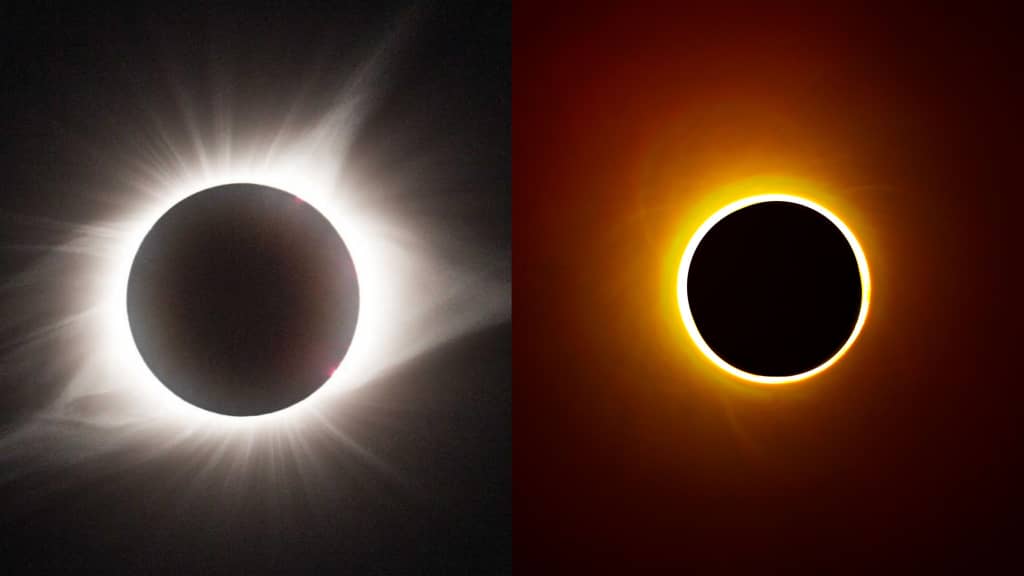Headlines
Total Solar Eclipse: A 4-Minute Peek into the Secrets of the Sun

Anticipation is growing as eclipse mania takes hold of millions throughout North America, with the prospect of around four minutes of complete darkness on Monday as the Moon blocks out the Sun’s rays.
This brief period of darkness offers a unique chance to conduct scientific experiments that would otherwise be challenging or impossible. Scientists are gearing up to launch rockets into the eclipse’s path, study animal behavior in zoos, send radio signals globally, and capture breathtaking images of the phenomenon with advanced cameras.
Involvement in these scientific pursuits is not restricted to experts only; amateurs and enthusiasts are also urged to partake in the excitement.
Nevertheless, despite thorough preparations, there remains a chance of unexpected obstacles. Variables like solar flares or even regular clouds could potentially disrupt these meticulously arranged plans, introducing an element of unpredictability to the event.
The chance to witness a total solar eclipse is not only a breathtaking experience but also a valuable scientific opportunity. During this rare event, researchers can delve into the mysteries of the sun’s outer atmosphere, the corona, which is typically hidden from view. By studying the corona during an eclipse, scientists can gain a deeper understanding of the sun’s magnetic fields and how they influence space weather, ultimately affecting our planet.
Moreover, a total solar eclipse allows scientists to explore the sun’s innermost layers, such as the chromosphere and photosphere, which are usually obscured by the sun’s intense brightness. These layers reveal phenomena like solar flares and sunspots in intricate detail during the brief darkness of totality. Through these observations, researchers can enhance their knowledge of solar activity and its implications for Earth’s climate and space environment, making a total solar eclipse an invaluable research opportunity.
The occurrence of a total solar eclipse goes beyond its scientific implications, as it also provides a deeply emotional experience for those fortunate enough to witness it firsthand. The sudden darkness, the eerie silence, and the ethereal beauty of the corona all come together to evoke a feeling of awe and wonder that cannot be adequately described in words. Witnessing a total solar eclipse is a rare event for many individuals, leaving a profound impact and fostering a greater appreciation for the natural world and our place within the vast cosmos.
Nevertheless, the brief duration of a total solar eclipse presents significant challenges for both scientists and observers. With totality lasting only a few minutes at most, astronomers must meticulously plan their observations in advance to maximize the limited time available. This often entails traveling to remote locations along the path of totality, where atmospheric conditions are optimal and the chances of clear skies are highest.
Despite the obstacles involved, the benefits of studying a total solar eclipse far outweigh the difficulties. Each eclipse offers fresh insights into the sun’s mechanisms and its effects on Earth, aiding scientists in unraveling the mysteries of our solar system and beyond. Furthermore, the firsthand experience of witnessing a total solar eclipse serves as a potent reminder of the splendor and marvel of the natural world, sparking awe and curiosity in individuals of all ages and backgrounds.
In summary, a total solar eclipse presents a fleeting yet unparalleled opportunity to explore the sun and its surroundings in ways that would otherwise be unattainable. Whether by uncovering the enigmas of the solar corona or by instilling a sense of wonder and amazement, this celestial phenomenon captivates scientists and stargazers alike, underscoring the beauty and intricacy of the universe we call home.
